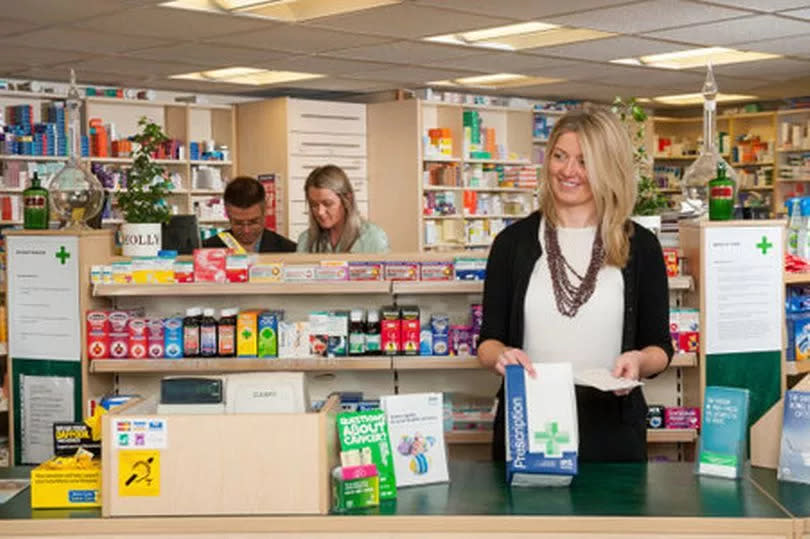NHS prescription charges rising in days - how to get medication for free

The cost of NHS prescriptions is set to rise next week with Brits forking out almost £10 for their medication. The cost of a single prescription will rise from £9.65 to £9.90 - an increase of 25p - from May 1.
The prescription prepayment certificate (PPC) is also set to rise with a three-month certificate increasing from £31.25 to £32.05. A 12-month PPC certificate will also be rising from the current price of £111.60 to £114.50.
PPCs are prepaid cards that cover all prescriptions for a certain amount of time. These certificates are best suited for those who have multiple NHS prescriptions due to the £9.90 price tag being for each medicine item, The Mirror reports.
Read more: Beauty fans can get Molly-Mae Hague's favourite skincare product for 'free' with Boots deal
Get breaking news on BirminghamLive WhatsApp, click the link to join
If your prescription has three medicines on it you will have to pay the prescription charge three times. But if you have a PPC, then this will cover it.
An annual Hormone Replacement Therapy (HRT) certificate for menopausal women, introduced a year ago to cut costs, will also rise from £19.30 to £19.80. This pre-payment certificate can only be used when a patient is prescribed a listed HRT medicine.
Wigs and fabric supports will also rise. From May 1 the following will cost:
Surgical bra - £31.70
Abdominal or spinal support - £47.80
Stock modacrylic wig - £78.15
Partial human hair wig - £207.00
Full bespoke human hair wig - £302.70
These rises only affect those living in England as those in Scotland and Wales get their prescriptions free. And some people in England are eligible for free prescriptions if they meet a certain criteria.
Who can get free prescriptions?
People can claim a free NHS prescription if they are over 60 years old, under 16 years old, or are between the ages of 16 to 18 years and in full-time education.
People who are pregnant or have had a baby in the previous year and have a valid maternity exemption certificate (MatEx) also qualify, as do those with a medical condition or a continuing physical disability with a valid medical exemption certificate (MedEx). Not all medical conditions or disabilities allow you to get free prescriptions, there is a specific group and these are:
A permanent fistula (for example, caecostomy, colostomy, laryngostomy or ileostomy) which needs continuous surgical dressing or an appliance
A form of hypoadrenalism (for example, Addison’s Disease) for which specific substitution therapy is essential
Diabetes insipidus and other forms of hypopituitarism
Diabetes mellitus, except where treatment is by diet alone
Hypoparathyroidism
Myasthenia gravis
Myxoedema (that is, hypothyroidism which needs thyroid hormone replacement)
Epilepsy which needs continuous anticonvulsive therapy
A continuing physical disability which means you cannot go out without the help of another person
Cancer and are undergoing treatment for cancer, the effects of cancer, or the effects of cancer treatment
People who hold a valid war pension or those who are an NHS inpatient can all also claim. People who receive certain Department for Work and Pensions (DWP) benefits could also qualify for free prescriptions and further financial assistance in regard to looking after their health.
A Department of Health and Social Care spokesperson said: "Almost nine in ten items are available for free on the NHS in England and we provide a wide range of support to ensure everyone who needs a prescription can afford it. Those on a low income, aged over 60 or with qualifying medical conditions like cancer, epilepsy and diabetes all qualify for exemptions, as do children and pregnant women.
"Where charges are in place, it is important prices are regularly updated to ensure the NHS maintains a sustainable business model and can continue to deliver excellent patient care."

 Yahoo News
Yahoo News 
